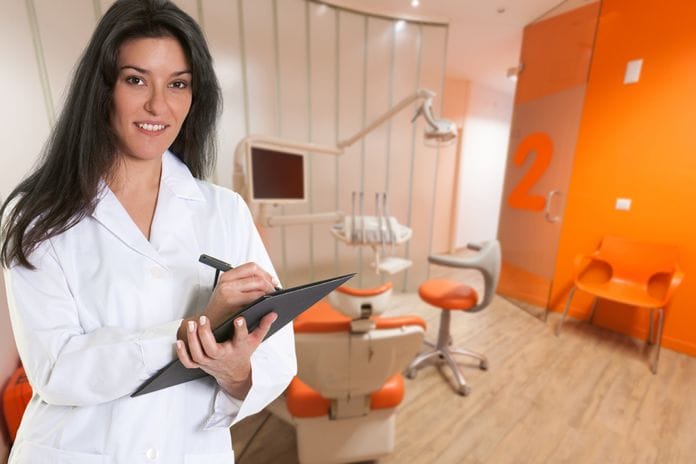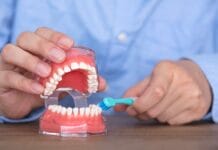Note: This is Part 5 of Debbi Viger’s series, Special Needs: Everyone Has Special Needs. Read Part 1 here, Part 2 here, Part 3 here, and Part 4 here.
Each of us experiences the patient that just disagrees with everything. The challenge, and often most rewarding portion of our appointment, is getting to yes. Often it starts in the reception area, was the wait too long, the temperature not perfect, or the greeting not personable enough? We just know when we arrive on the scene, it is not always a joyous moment.
How’d it go updating the medical history? If not a great experience what’s your go-to wording to help get the job done? Have you tried a simple, yet very effective, “To offer you the best appointment we work directly with your medical providers to ensure your overall health?” Many patients still do not treat their oral health with the same high regard they treat their body to. Explaining the mouth is the window to the body and holds many signs and symptoms of general health should be enough, but not always.
How often do we have a patient who denies any medical changes, or simply states everything is fine? You can hear in their tone perhaps the answer isn’t quite accurate. Repeatedly asking the same questions will only lead to frustration for everyone. Can you try a different approach with questions like, How have you been feeling lately? Are you sleeping well and waking up refreshed? Then continue with the appointment exposing any necessary radiographs.
The intraoral, extraoral, and oral cancer exam is a very effective time to discuss overall systemic health. As you feel the muscles and lymph nodes, walk the patient through the exam. Discuss cancer screenings and the need for preventive care. As you palpate the TMJ, ask if they wake with headaches or pain in the joint. During the intraoral exam, explain what you are looking for in the mouth; talk about the tissues, any tori, the tonsils, how the airway looks. Look for dry mouth or limited saliva. Educate about the entire examination process. Announce when you are checking for decay or areas of concern. Announce your probing depths and all tissue changes. Pop a mirror in the patient’s hand to show any areas of concern. Get your patient involved in the process. Create value for our expertise, but also create an understanding of general health and wellness. Dental appointments take time because we do a vast amount of diagnostic work at each appointment.
As you move toward the prophylaxis portion of the appointment, ask again if there are any health changes, issues, or medications they may be taking. Ask again if they have had any recent medical appointments. Phrasing it as medical appointments is an easier way to edge into a conversation about their health with a simple yes or no. If no, you can confidently move on and hope you have all the necessary information. If yes, gently ask as you continue working, what they were seeking treatment for.
It seems so often the patient either believes unjustly that we, as dental professionals, have no need to be privy to the information or the patient may be embarrassed about the medical treatment. Either way, of course, we need to know to offer the best and safest treatment possible. So often patients’ medication or treatment does alter the oral cavity, and we want to offer a positive experience in the most educational setting possible. Perhaps an extra soft toothbrush, desensitizers, fluoride trays, saliva substitutes, or an alteration in home care or appointment frequency will be needed.
Inform the patient of any alterations to their routine treatment you are making because of their medical condition.
Dental hygienists are the super sleuth detectives that weed through all the tiny fragments of conversation to pull out each patient’s treatment needs. Enjoy the challenge and feel great about any information you gather. Thank the patient for their disclosure and then hope when the dentist comes in for the exam the patient doesn’t sit up and say, “Hey doc, I just had a heart transplant, both hips replaced, and am currently contagious.” Just remember it’s happened to all of us!
SEE ALSO: Medical History: Your Patient is Not Telling You Everything
DON’T MISS: How to Get Patients to Understand the Importance of Medical History












